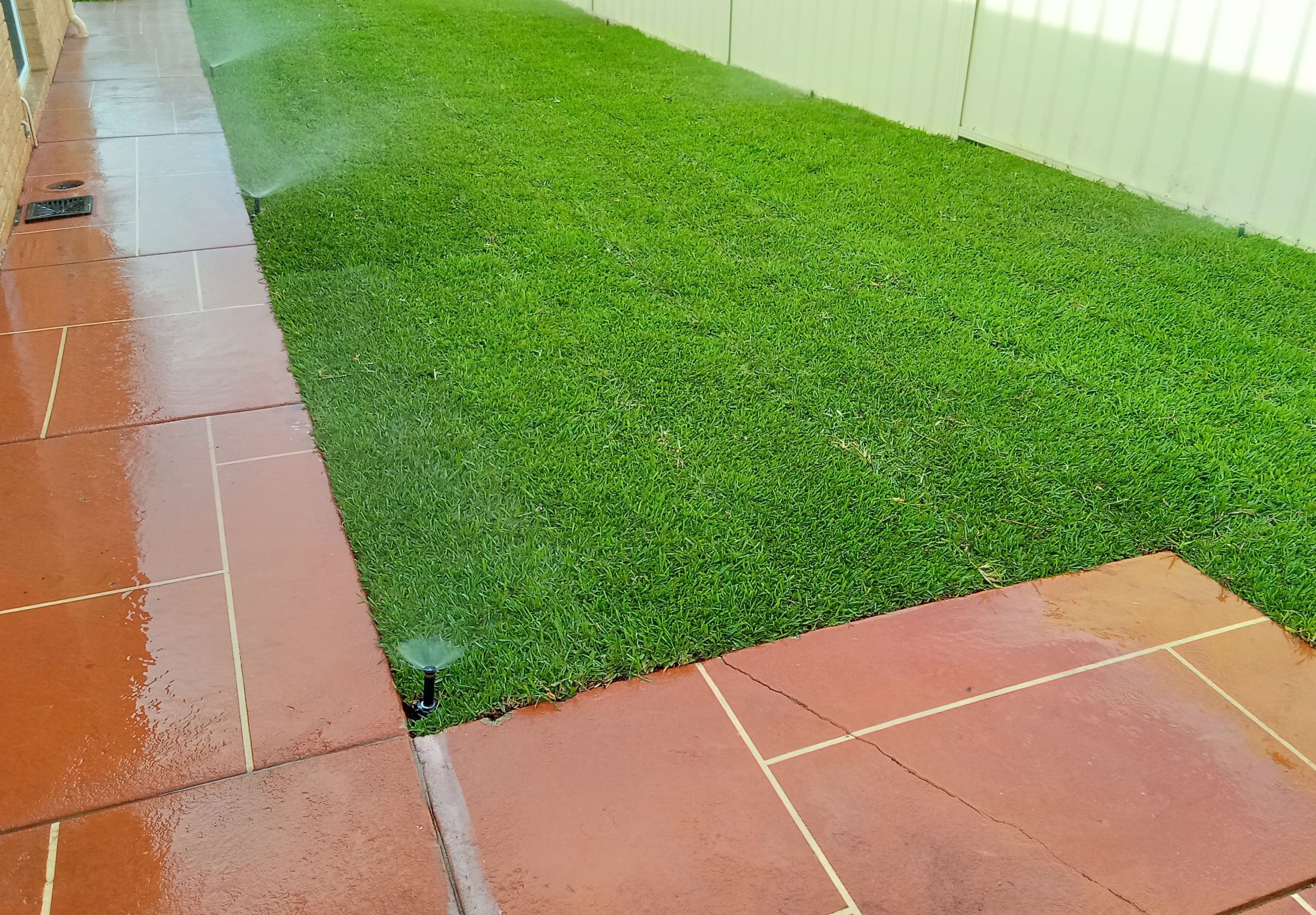How Proper Reticulation Maintenance Contributes to Water Conservation
Water is a precious resource, and as global demand increases, it’s paramount that every drop is used wisely. With agriculture and landscape irrigation accounting for a significant portion of freshwater use, it’s essential to ensure efficient watering systems. Reticulation, or irrigation systems, play a pivotal role in ensuring lush landscapes without wastage. However, the efficiency of these systems is heavily dependent on regular and proper maintenance. This article will dive deep into how appropriate reticulation maintenance contributes significantly to water conservation.
- Recognising the Importance of Reticulation Systems
Before delving into maintenance, it’s important to understand the critical role reticulation systems play. These systems ensure that plants receive water directly where it’s needed—be it at the roots, stems, or leaves. When operating optimally, reticulation systems can drastically reduce water wastage compared to traditional watering methods.

Reach Us for other Services
- Leak Detection and Repair
Leaks are among the primary culprits for water wastage in any system:
- Regular checks: A well-maintained reticulation system is regularly inspected for signs of leaks, from unexplained wet patches to reduced water pressure.
- Immediate repairs: Once detected, these leaks are promptly repaired. Even a small leak can lead to thousands of litres of wasted water over a year.
- Efficient Water Distribution
- Uniform distribution: Proper maintenance ensures water is evenly distributed across the landscape, preventing over-watering in some areas and under-watering in others.
- Optimal pressure: Maintaining the right water pressure ensures the system works efficiently. Too much pressure can lead to wastage and damage, while too little can result in inadequate watering.
- Upgrading to Efficient Components
Maintenance doesn’t just mean repairing what’s broken:
- Drip irrigation: Switching to drip systems ensures water reaches plant roots directly, minimizing evaporation and runoff.
- Efficient sprinkler heads: Over time, sprinkler technology improves. Regular maintenance might involve replacing older heads with newer, more efficient ones.
- Preventing Runoff
Over-watering or misdirected sprinklers can lead to water runoff:
- Regular calibration: Sprinkler systems should be calibrated to ensure they release only the amount of water required by the landscape.
- Zone-based watering: Different areas of a garden might have varied water needs. Maintenance involves ensuring each zone receives the appropriate amount of moisture.
- Soil Assessment
- Aeration: Compacted soil can prevent water absorption, leading to wastage. Regular maintenance checks will determine if a landscape needs aeration to improve water absorption.
- Mulching: Mulch helps retain soil moisture, reducing the need for frequent watering. Maintenance includes ensuring adequate mulching around plants.
- Timely System Flushes
- Clearing debris: Over time, debris can build up in reticulation systems. A regular system flush ensures clear pipes and efficient water flow.
- Avoiding blockages: Blockages can lead to system damage and uneven water distribution. Flushing prevents this, ensuring smooth operation.
- Seasonal Adjustments
Water requirements change with the seasons:
- Reduced winter watering: Plants typically need less water in cooler months. Maintenance includes adjusting system timers and schedules according to the season.
- Rain sensors: These devices detect rainfall and adjust or pause irrigation. Regular checks ensure they function correctly.
- Regularly Updating the Water Schedule
- Evolving landscapes: As plants grow and mature, their water needs can change. Regular maintenance involves adjusting watering schedules to reflect these changes.
- Utilizing technology: Modern reticulation systems can be connected to weather forecasting tools, adjusting watering based on anticipated rainfall or temperature changes.
- Educating the User
- User manuals: While not a direct part of the system, ensuring that homeowners or gardeners know how to use the reticulation system efficiently is an aspect of maintenance.
- Watering times: Watering during the cooler parts of the day reduces evaporation. Maintenance services often advise on optimal watering times.
- Beyond Aesthetic Appeal: A Larger Commitment to Sustainability
While the immediate thought that comes to mind regarding reticulation systems is their role in creating lush and verdant landscapes, their significance runs deeper. A properly maintained reticulation system stands as a testament to a property owner’s commitment to sustainability and environmental responsibility. It signifies an awareness of global challenges and a proactive approach to being part of the solution. Moreover, it encourages the broader community to adopt similar practices, fostering a collective mindset of conservation. As homeowners, landscapers, and garden enthusiasts, our commitment to regular maintenance goes beyond aesthetics; it’s a pledge to a greener, more sustainable future for all.
Proper reticulation maintenance is a linchpin in the efforts to conserve water. As the world grapples with changing climate patterns and increasing water scarcity, the importance of efficient irrigation systems cannot be overstated. Beyond the immediate benefits of lush landscapes and reduced water bills, well-maintained reticulation systems contribute to broader global efforts in sustainability.
By ensuring our reticulation systems are in prime condition, we take a step forward in responsible water use. Not only does this save money in the short term, but it also guarantees that future generations will have access to this essential resource. So, the next time you look at your garden’s sprinklers, remember: they’re not just watering plants; with proper maintenance, they’re part of a global solution.
Quality Services is what we do!
Interested in any of our services? Contact us to make an appointment and get started!
Copyright © 2024 Swell Irrigation. All Rights Reserved
